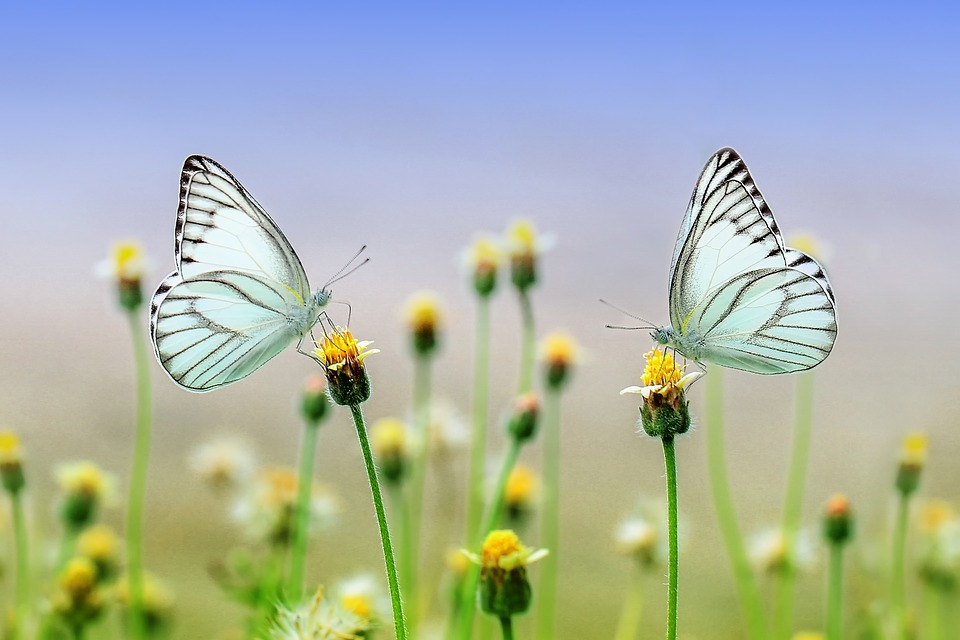[Editor’s note: This essay transcends religious boundaries reminding us of our mortality, our God and our connections with humanity]
By Daniel Greenfield, May 23, 2019
Deathwatch
This is not an article. But once upon a time this was a blog where I would post my unformed personal thoughts. The thoughts eventually became articles. The articles were picked up and reprinted. But this one time, Sultan Knish will return to what it once was in a simpler time.
This is self-indulgent and personal.
Feel free to skip it.
Our lives are defined by numbers. Our deaths are defined by them too.
Somewhere out of sight, in the world or in our bodies, a clock ticks insistently away. Most of the time we are fortunate enough to be deaf to the relentless clockwork march of time.
Until we begin to hear. And are unable to stop.
There are many clocks in the hospital room where she lies dying beneath a plastic blanket inflated and deflated by one of a dozen machines in the room.
There is an old fashioned clock ticking inaudibly on the wall, there are digital clocks and timers embedded in everything. And there is the insistent count of heart rate, blood pressure and oxygen. The numbers keep going down.
The beeping is constant. One alarm, for the heart rate or the oxygen or the IV follows another. The alarms are a count. The numbers they measure are ultimately the only numbers that matter. They are the numbers of life.
I had often heard the term deathwatch, but standing on the plastic pine floor while the nurses come and go, I understand it. I am waiting for a death that I have been told is inevitable. I am waiting and dreading it all at once.
The Rabbi has come and gone. He has said his prayers and words of comfort. And I have said them with him. All the prayers in the end form one greater prayer. A fervent hope that our lives are defined by more than these numbers.
All our prayers are above all else a prayer for the existence of a G-d Whose being transcends the minutiae of material arithmetic. Whatever else we pray for, it is for a father that will never leave us and for a meaning more meaningful than our science tells us is all that there is.
We pray not merely for life but for a meaningful life. We pray not only in hope, but for hope.
We pray that there be something more on the other end of the deathwatch.
We pray that our prayers not be in vain.
Every now and then, I look from the numbers to the prayers, and back again, measuring the material life and the immaterial one, the digital prophecies of science, and the higher truth that I seek beyond the whitewashed walls, the tan blinds cutting off a view of the roof, and the endless ticking of the clocks and counts, the soft sighing of the machines trying to keep my mother comfortable and alive.
And failing at both.
Occasionally medical personnel come and go, donning purple gloves and yellow gowns, and then out again. I and she are both spectators in this play. We are amateurs at death and dying while they are the professionals. When we are gone, they will still be here, divining numbers and playing the odds.
They know secrets, not only of numbers, but of sounds and sights, and revelations of fragility and hope that the rest of us choose not to know.
But then the time comes when we poor amateurs must mount the stage and learn them anyway, when we must stumble through our paces without the benefits of schooling or script, performing poorly in our new parts.
Sometimes they ask me if I have medical training. I have. The studying of it has been more painful and expensive than theirs.
The deathwatch is a graduation. And on graduation, I will do my best to forget all that I have learned here.
After a stormy afternoon, a beam of sunlight slants through the lower half of the window.
The deathwatch has moved into the later hours of the afternoon. Perhaps it will continue on into night. I don’t know and I don’t want to know.
Deathwatches are always with us.
Those of us who don’t fear for our loved ones, fear for our country or our way of life.
There are always things that we love and we fear losing. It is when we become aware of the very possibility of loss, as children or as adults, that we enter the outer rings of the deathwatch.
My current career began with a deathwatch of 9/11. In the ash and rubble, and the poisonous betrayals of the aftermath, the idea that we could lose our country became as real as when I first helped my mother into a wheelchair more years ago than I care to count.
I have not entered into that final deathwatch, the alarms of the end, for my country.
And I hope that I never do.
But to love something, real or ideal, or a mixture of both, is to know that it can die.
Everything we love dies. Except, perhaps our love, and the love of the Creator for his flawed creations caught between the numbers of their reason, and seeking a love and a hope that lies beyond this pale room, the fading houses stretching out in every direction, this world and all the endless worlds and stars beyond.
Hashem Hu HaElohim
The Lord is G-d, is what I will say when the deathwatch ends, and then, like Abraham and Jacob, and all my ancestors who have come before, and passed through that hope and home beyond the stars, I will seek out a place in the holy land of my ancestors to lay my dead to rest.
P.S. If you are interested in attending the funeral near Jerusalem, please contact me.

